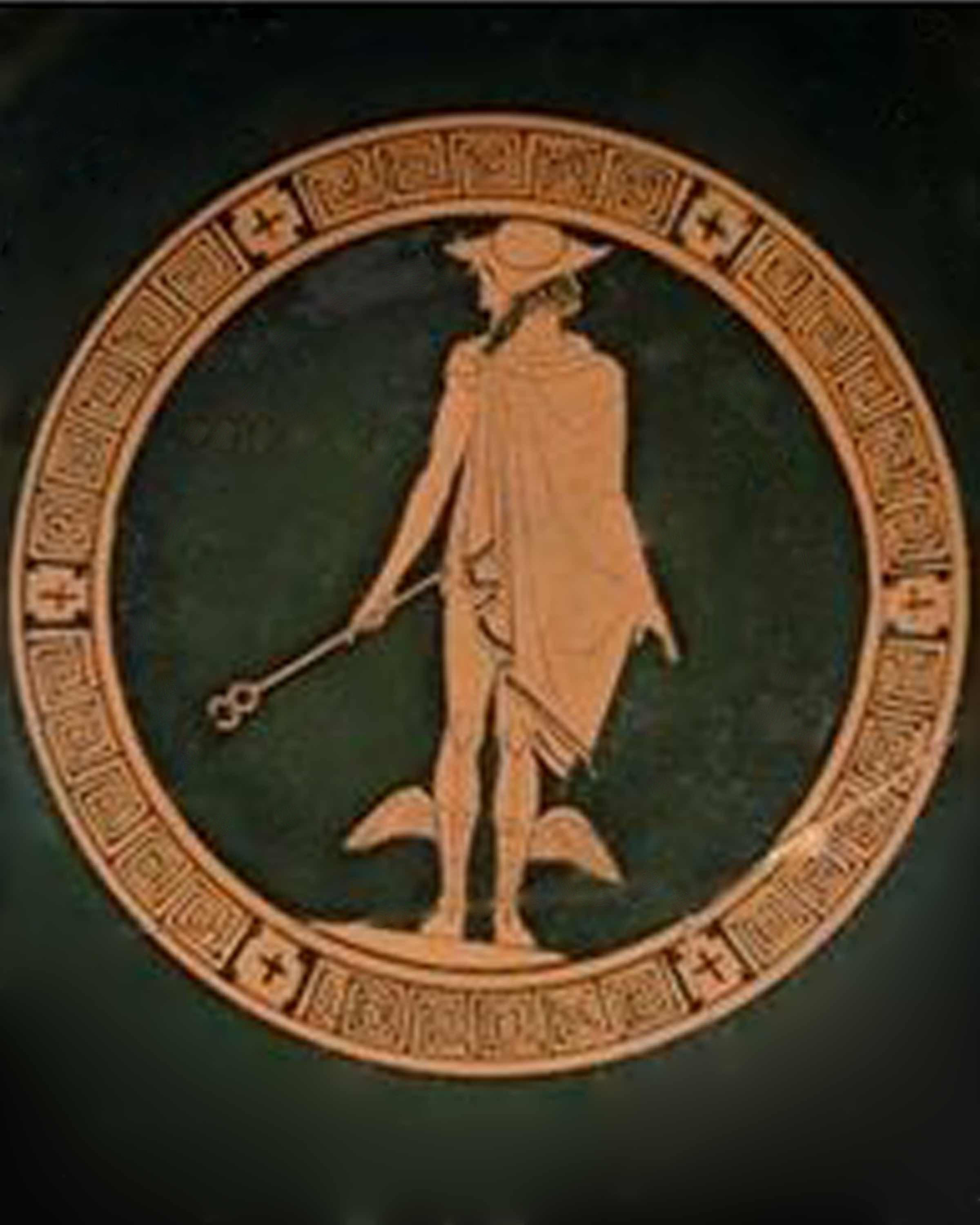Tarot Readings
An Essay on the Importance of Continuous Reader-Querent Training.
And the Major Arcana of the Tarot? Are they not a call to the winged imagination, within a framework and in a direction proper to each of them? They are symbols. But what does one do with symbols, if not apply the inspired imagination to them, directed towards their meaning via a will obedient to the laws of intrinsic coherence and in conformity with outward and inward — material and spiritual —facts of experience? ----Meditations on the Tarot by Anonymous, Letter XVII: The Star.
As we learn more about how we learn and as life-demands, we master more complex uses of knowledge, within a context of more intricate interpersonal relationships. We are also called upon to develop greater capabilities for problem-solving so that the fortunetellers, "revealing by telling the cards" is being replaced (or should be replaced) by the tarot readers "the cards’ symbols open to possible new understandings."
The latter is difficult for readers but much more effective for querents, once we realize that consulting the cards is a profoundly collaborative process that effectively makes the spiritual distinction between a reader and a querent nil during the sacred space of "telling the cards." Reading tarot hopefully can become more than a feat of entertaining quick-wittedness and can remain seriously and playfully the investigation of the prennial mysteries.
Both readers and querents bring together a composite of cognitive, affective, behavioral systems that affect the collaborative process of tarot reading. These norms may be seen as the implicit stage props that both reader and querent discover the meaning of the tarot reading. As such in this essay I recognize an integral sameness to readers and querents rather than differences. It is obvious that there are practical differences, but to the degree that such differences are asserted, implicitly or explicitly may well inhibit the invocation of the mystery:
Basic Knowledge Norm:
Querents and readers bring to the reading an implicit
network of assumptions that serves as a foundation of all future
learning by guiding organization and representations, serving as a
basis of communication with new information, and coloring and
filtering all new experiences and reflection upon past experiences.
Needless to say, this is overlapping and diverse in ways not
immediately apparent to either party.
Tactical Processing Norm: All readers and querents
have an ability to reflect on and regulate their thoughts and
behaviors as essential to learning and developing alternative ways
to view the same information. This ability is enhanced to the degree
each engages with the multi-referentiality of the symbolic.
Affect/Motivation Norm: All
readers and querents are driven by motivational or affective
factors, such as intrinsic motivation, attributions for inquiring
into personal goals or vexing problems, along with the motivational
characteristics that enable or inhibit self and situational inquiry.
The interplay of these factors can affect the tarot reading process
in significant ways.
Developmental Norm: Reading tarot, ultimately a
unique adventure for all, proceeds along common stages of
understanding and integration that may well be influenced by
inherited, experiential and environmental factors. Some grasp of
common developmental stages helps the reader and querent communicate
effectively.
Context Norm: Tarot reading is as
much a socially shared undertaking as it is an individually
constructed enterprise. Likewise there is a spiritual and psychic
nexus that dialectically situates the reader-querent with the same
meaning and symbolic nexus during any tarot inquiry.
The purpose of continuing tarot reader-querent development is to enrich the reader-querent's understanding of the tarot and to awaken more intuitive, imaginative, and cognitive symbolic approaches to tarot interpretations. Some readers-querents seek to create variety in their readings by selecting several decks. Others work hard on maximizing the variety of symbolic trajectories they can habituate from individual cards and complexes of patterns in spreads and other multicard configurations. Working collaboratively with other tarot readers-querents enhances one’s own confidence, and enriches the store of tarot’s symbolic reach.
Professional development of tarot reading may be driven by the reciprocal dialectic between goals and standards for learning in context and shared esprit of performance between cards, reader and querent. Such a reciprocal dialectic may define what tarot readers need—rather than want—to learn, makes professional reader development reader-querent-centered, and increases general confidence in the use of time and resources for continued professional reader development. Tarot readers can then use this reciprocal dialectic to explore the usefulness of alternative strategies for enhanced reader learning and improvement, paying close attention to the gains that diverse types of approaches to readings make in revealing new ways to understand the cards.
Things to consider in designing training:
- Involve readers and querents in the identification of their learning needs and, when possible, the development of the learning opportunity and/or the processes to be used
- Is primarily rooted in tarot structure and integral to tarot traditions and procedures
- Provides learning opportunities that relate to individual reader-querent needs but for the most part are organized around collaborative problem solving and shared skills building
- Is continuous and ongoing, involving follow-up and support for further learning, including support from sources external to the tarot group work
- Incorporates the evaluation of multiple sources of information for readers and querents
- Processes and experiments implement the lessons learned through reflective sharing and feedback
- Provides opportunities to develop a theoretical understanding of the knowledge and skills learned in the exercises
- Is integrated with a comprehensive change process that deals with the full-range of impediments to and facilitators of reader-querent learning contexts
Call now for Tarot Reading
